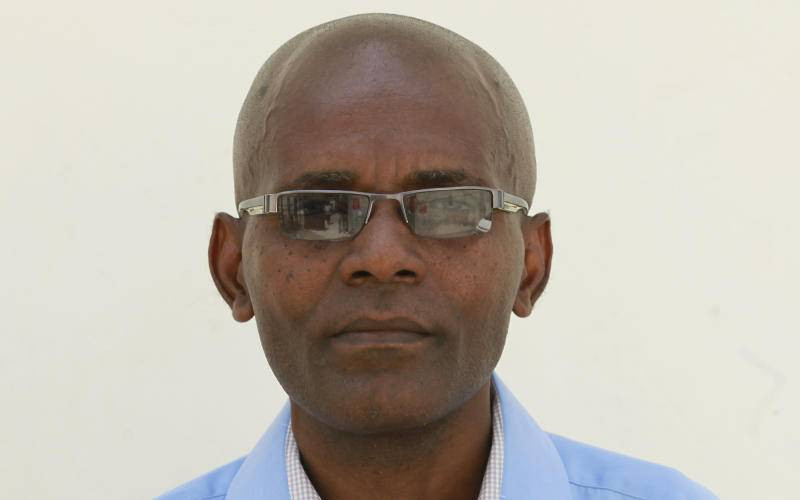
The Service Party (TSP) leader, Mwangi Kiunjuri, has urged the government to urgently review the university funding model after a recent audit report by the Auditor General exposed significant flaws in its implementation.
The report revealed that many deserving students were denied financial support, while others who had deferred their studies irregularly received funds.
Speaking during a consultative meeting with members of the Gema community in Kitale, Laikipia East MP Kiunjuri criticized the “banding model” currently used to allocate funds to students.
He said the system had left many parents dissatisfied, as it failed to reflect the true financial needs of applicants.
“Most parents are complaining that the banding model does not effectively reflect the needs of the applicants during disbursement. We need to do public participation and involve citizens in the formulation and rollout of this new model," said Kiunjuri.
The former Devolution Cabinet Secretary argued that the current structure could potentially disadvantage students from low-income households if testing is not applied effectively.
He called for clear instruments to determine eligibility for loans, grants, and scholarships.
“I have talked to citizens here, and they asked me to urge the government to ensure that the instruments of means testing are transparent, efficient, and reflective of the realities on the ground. If we fail in this, many bright but needy students will be locked out of higher education,” Kiunjuri said.
James Kwaram, a parent of a student in university, fears that the burden will shift to families already struggling with the high cost of living.
Kwaram warned that loans will pile pressure on graduates who leave school without jobs, worsening the unemployment crisis.
“This model assumes our parents can afford more than they actually can. It’s frustrating because it feels like education is being made a privilege, not a right,” he said.
While a section of parents and students have opposed the model, others continue to support it.
Fredrick Shatukha, a parent of a second-year student at Kenyatta University studying Pure Sciences, defended the system, saying it was effective.
Stay informed. Subscribe to our newsletter
“The banding model is very efficient because it takes into account the actual financial situation of each applicant. For my child, it accurately reflects what is required in terms of financial need. It should not be politicized,” said Shatukha.
On healthcare, Kiunjuri faulted the proposed one-off annual payment for the Social Health Authority (SHA), saying it would burden millions of struggling households. Instead, he recommended that contributions be made monthly to ease compliance and protect vulnerable citizens from financial shocks.
“They (citizens) have told me that expecting Kenyans to pay a lump sum once a year is insensitive and impractical. The contribution should be structured monthly, so that families can plan their limited resources without being overwhelmed,” he stated.
The TSP leader warned that without a review of the funding model, the government risked fueling discontent and eroding public trust in national institutions. He emphasized that education and healthcare are critical pillars of social development that cannot be subjected to hurried or poorly communicated reforms.
“Additionally, they (citizens) said that we cannot afford to gamble with the future of our children or the health of our people. These policies should uplift, not punish, the ordinary Kenyan,” Kiunjuri said.
His remarks come amid heated debate across the country, with parents, students, and civil society groups questioning the affordability and accessibility of the government’s new education financing model.
Several community members criticized the lump-sum payment requirement, arguing that it was unrealistic for many families.
“The annual payment plan is very burdensome since many people cannot raise such a lump sum at once. However, they would comfortably manage the contributions if the payments were made monthly,” said Judith Mutiembu.
The government has defended the reforms, insisting they are aimed at making higher education more sustainable.
Nonetheless, Kiunjuri maintained that inclusivity, fairness, and public trust must remain at the center of the reforms.







